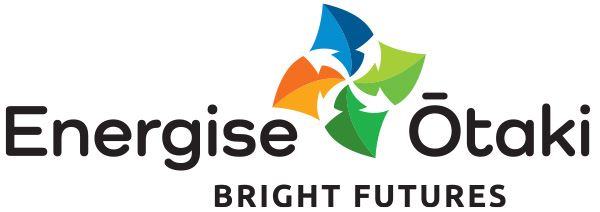Community Energy Network (CEN) supports the Government in its tough new policies and a large financial support package released in the wake of COVID-19. We applaud the people-first approach while recognising that we will all need to be open to change and lean into innovative approaches to provide solutions for our communities in the coming months.
Key issues CEN would like to ensure are discussed at all levels of social leadership over the next six months are:
- CEN recognises the need for people to go into self-isolation. This direction comes from the best medical advice and must be adhered to without question. One unintended consequence to this will be that people living with respiratory issues who are also living in cold and damp housing will be adversely affected as we head into winter. These houses will be damp and cold because their ventilation, insulation, and heating systems are inadequate. It will also be because some people are unable to pay for the energy they need. For some, this will make the implications of Covid-19 significantly worse.
- To further compound this situation, self-isolation may soon need to involve all of society. This has implications for those who have limited sick days or annual leave allowances and may be forced to take unpaid leave – a serious issue for the many in New Zealand who are in or teetering on the edge of experiencing energy hardship. An extension to the sick leave provisions and support packages beyond the 12-week current envelope may need to be considered.
Responses:
- We agree with the reason for doubling of the Winter Fuel Payment (WFP). However, CEN advocates that the extra budget should be targeted to ensure greater impact for those who need it most. An innovative way this could be most effective is by creating a WFP ringfenced fund that is utilised by Not-For-Profit (NFP) and healthy homes service providers, such as CEN, Salvation Army, Fincap, Wise Group and Habitat for Humanity. This fund would be used to ensure vulnerable families, who are experiencing energy hardship, have access to an adequate Winter Fuel Payment to meet their needs throughout the winter months.
- Anyone with the deprivation areas 6-10 and those with chronic respiratory illnesses should have access to 100% subsidy under the Warmer Kiwi Homes programme, irrespective of whether they are renting or are homeowners. These homes should also take priority regarding the work programmes for all Warmer Kiwi Homes contractors this winter. We recognise that EECA will need to be resourced to ramp up WKH for this autumn and winter, including delivering a significant marketing push and working with providers to increase capacity.
- CEN members will be working with our philanthropic supporters over the next few months to increase our own impact in this area.




